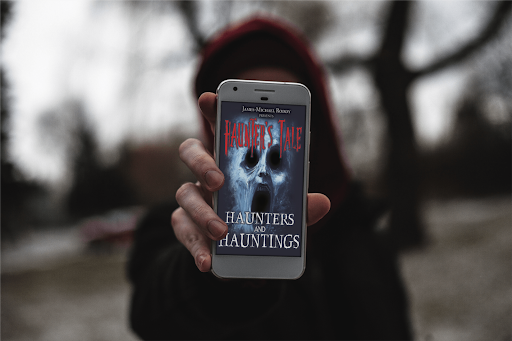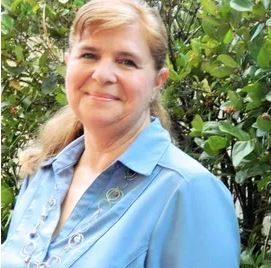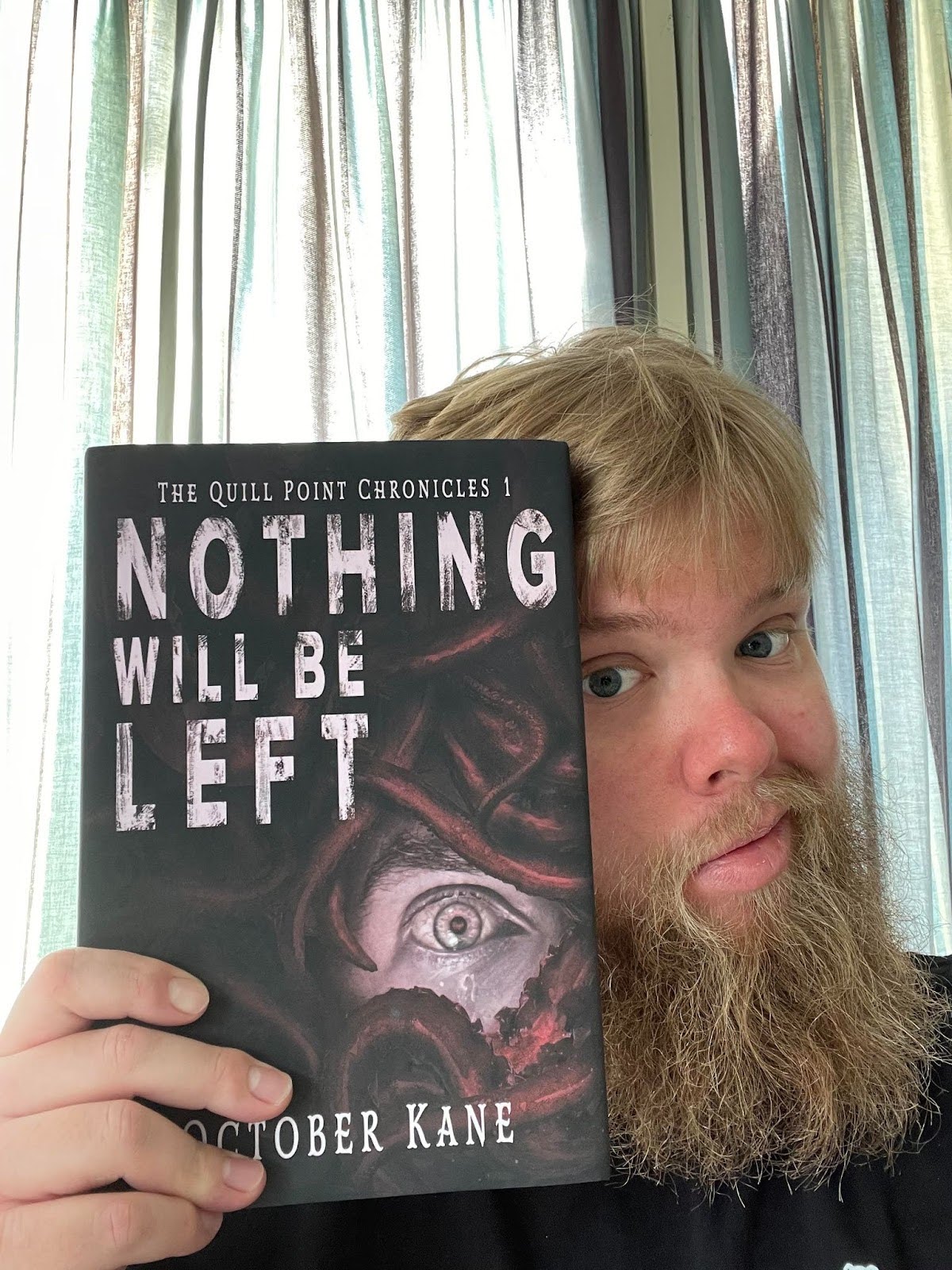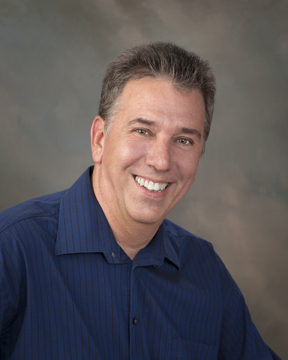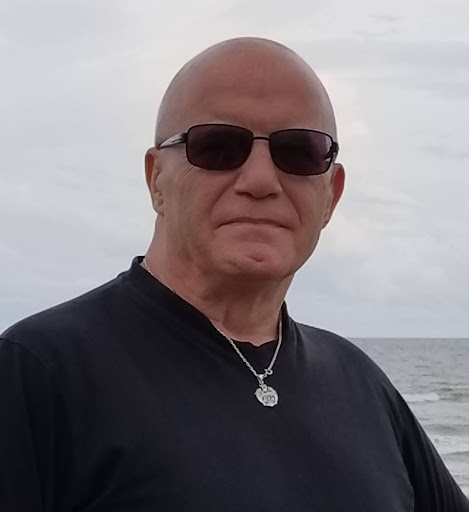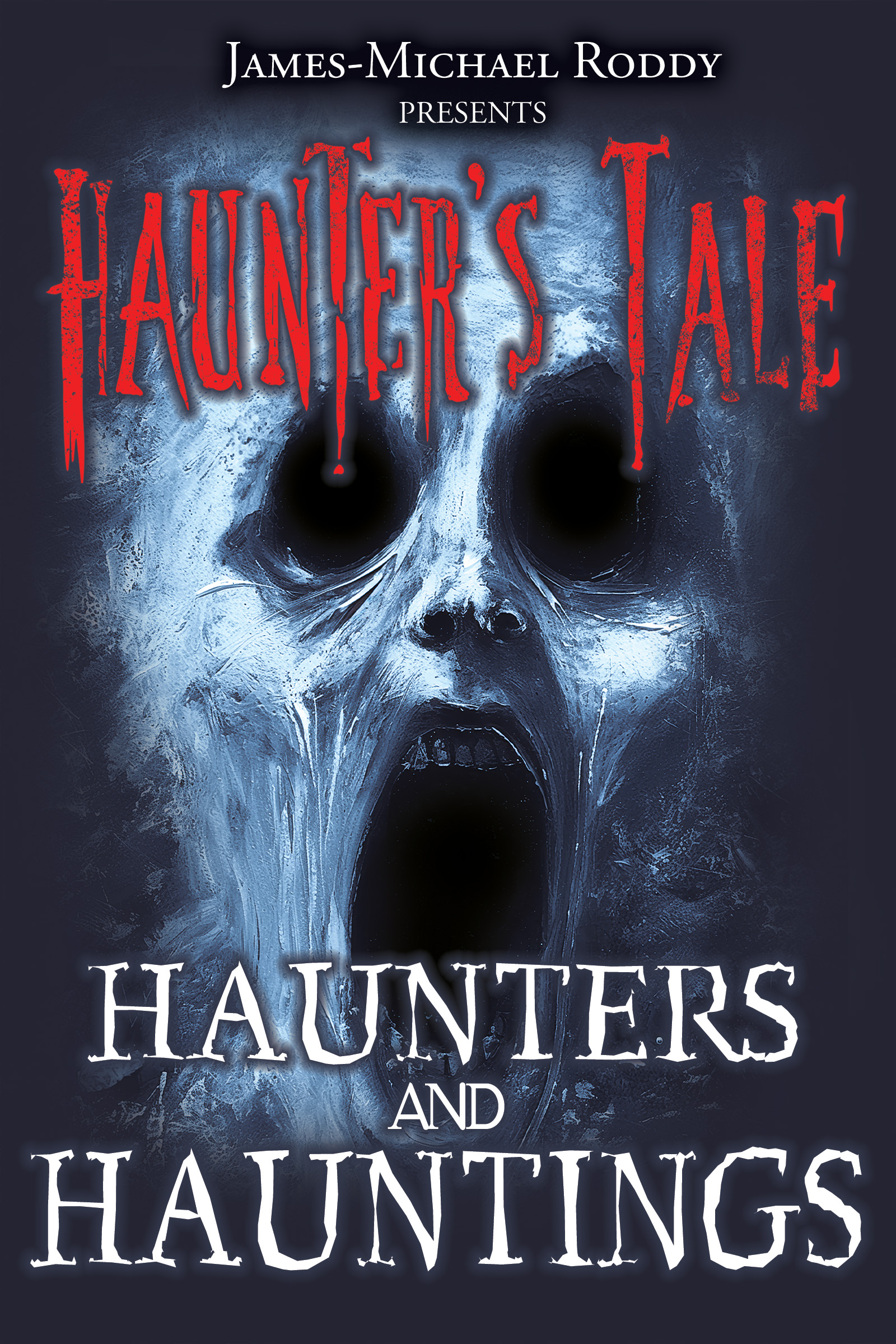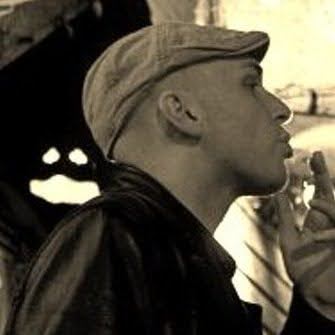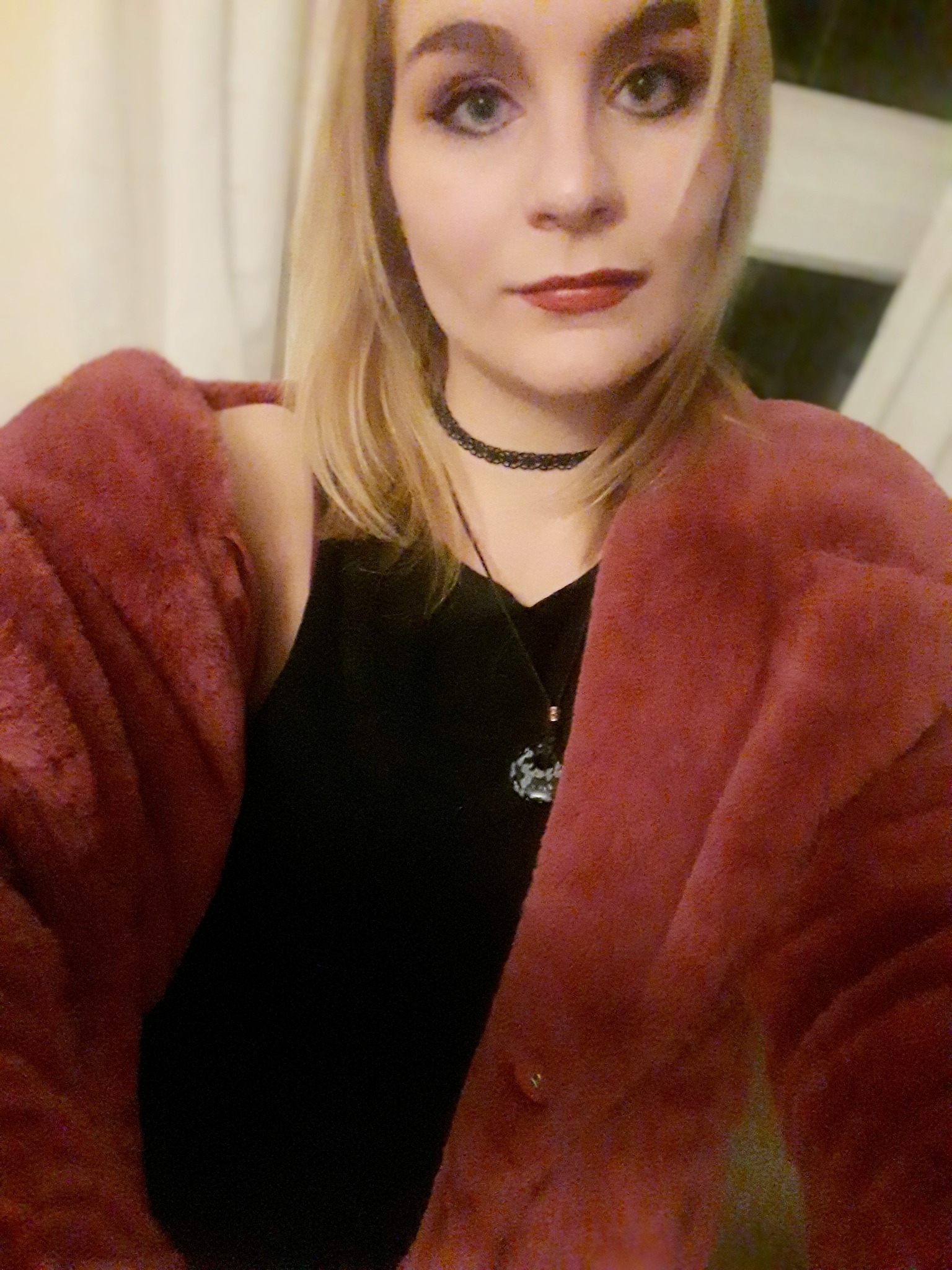
As part of my ongoing attempt to be a revolutionary, I often preach that writing is for everyone. I attend poetry nights and read poorly-written rhyming couples about something amusing enough to inspire a few chuckles, or relevant enough to provoke a few finger clicks. Inbetween these poems, I sermonise like a self-important Jim Jones character over the tiny crowd:
‘We all need creative outlets,’ I proclaim to the roomful of ambiguously-gendered poets with multi-coloured hair, ‘so everyone, everywhere should speak their truth, regardless of quality or marketability, because it’s bound to resonate with someone, somewhere. My hideous progenies, go forth and prosper! Prose belongs to the world!’ The poets usually scoff at being called hideous and the presumption that I progenated them, and go on to perform much better poetry.
And I do believe that writing is for everyone. I wouldn’t get so excited at the prospect of teaching fourteen-year-olds and baby undergrads creative writing modules if I didn’t believe this. I wouldn’t recommend Kathy Acker books in earnestness, or smile so much at the rhyming graffiti in toilet cubicles. Writing is for everyone. This, I truly believe. But there’s also a horribly narcissistic part of me that whispers: yes, absolutely, writing is for everyone… but it’s especially for me.
I hold onto this platitude not from a place of pride, but from a place of self-protection. As a lonely, youngest child, growing up in the idyllic Yorkshire countryside, I was bored brainless for the entirety of my childhood. My siblings were too old to play with me; my parents were perpetually overwhelmed. I was this ugly, queer kid who acted weird (I pray I have some kind of neurodivergence, because otherwise I have no bloody excuse). I couldn’t get on with the farmer’s kids whose heads were screwed on right while mine was forever in the clouds. So, I did what any burgeoning delusionist would do and made up imaginary friends. Their backgrounds were convoluted and ridiculous and they all knew each other well. Most importantly, they protected me, and loved me above all others.
As I grew older, the nature of the imaginary friends changed. Mostly, I stopped speaking about them aloud and instead kept them firmly in my own head so that I wasn’t rendered insane. Alongside this, my imaginary friends grew better-looking, more sexually provocative, less like protective parental figures, and instead a quirky group of misfits with various romantic sparks blossoming between them. These imaginings gave me moments of bliss in a life that was otherwise bleak and miserable. Pathetic fallacy is not so much a literary device but a fact of life for Northern-English adolescents in the late-2000s.
At sixteen, I put pen to paper officially for the first time. Or at least, that’s what I claim in podcasts. Before that, I uploaded fan-fiction about my favourite bands, and wrote poems about drinking black coffee and being depressed (when I actually hated coffee and wasn’t depressed enough by half, considering), and I’d been keeping diaries since I could write. Still, it works better as an origin story if I suggest that there was a moment of serendipity where the universe bent down to me and said ‘enough already, you’re destined to be a writer!’ My sixth-form college held a creative writing competition where the winner got £300, and I wrote a story about a teenage girl desperate to be a writer (go figure) and came second and won £50. This was a lucrative start to a frustratingly unlucrative career, and for that I am inordinately grateful.
The rest was surprisingly linear. A teacher suggested I apply for the creative writing course at UEA (a university in the UK famed for its Creative Writing programme), which I did. I got in, I moved to Norwich, I came out of the closet (though the door was always ajar for me), and I published stories in their undergrad anthologies. When I graduated, I spent a year working in China, which was an interesting year full of amazing experiences, but really it taught me that I would always be happier in universities surrounded by other creative, little weirdos, and I ran off to Birmingham to do a Masters. Much the of the same continued throughout my 20s. Year abroad, creative writing degree, year abroad, creative writing degree… Throughout all this, I got better at sending out stories to journals, emailing publishers, and pasting my scraps of paper into passable collections. At some point I stopped and looked around and thought: ‘Oh shit, I’m actually a writer, aren’t I? I can’t believe it, I’m actually doing it.’
Now I’m completing my Creative Writing PhD, and things are fine. I’ve handed in a novel for an exam board of terrifying academics. I’ve published three books, and have another on the way. I’ve done podcasts where interviewers have referred to me as a writer, and I didn’t flinch.
There are still moments where I remember who I was (that weird, queer little freak) and where I’ve come from (the backside of arse-end nowhere), and I freeze. But when my head’s in my hands and I’m swearing that I don’t deserve this self-important platitude, the pen sneaks itself back into my hand and before you know it I’m scribbling down bullshit again. During a bout of imposter syndrome, my academic supervisor listened to my self-flagellating woes with the patience of a saint before saying:
‘You say you’re not sure you can do this, but it sounds like you’re compelled to. I think if you weren’t here at the uni, you would be writing this book anyway.’
And it’s true. I would have been.
There are others who doubt me too. If I was a different, less-millennial creator I’d call them ‘haters’, but I think they’re more like ‘baffled-ers’ in reality. They see me stumbling over my words with my stupid green hair and my silly facial expressions, making self-deprecating comments and jokes that don’t land and they think her?! Really, her?! She’s not introverted or cool enough. Her accent is too northern and her voice is too loud. She’s not pretty, or interesting, or even really talented, and frankly, if she’s not neurodivergent then she’s just plain fucking weird. How in god’s name is she a published writer and I’m not?
When this happens, I think of the old adage about modern art. The red-faced critic stares at the Rothko canvas screaming, ‘that’s nothing! I could do that!’. To which the artist responses: ‘Well sure you could, but you didn’t.’
They scowl at me across a pub table, sucking on their cigarettes. Too much of our socialising is unsaid, which I find painful because words are the tool I’m most familiar with. When I hear them silently ask that how in god’s name question I can’t say anything out loud for fear of getting it all wrong. But Christ, when I see their faces twisted saying how in God’s name did she do it? I wish to tell them: ‘I just did. Writing is for everyone. So, the question is, why don’t you?’
You can find out more about Cathleen, including where to find her online, here: https://linktr.ee/cathleendavieswriter
